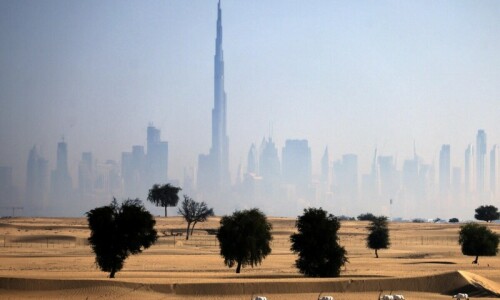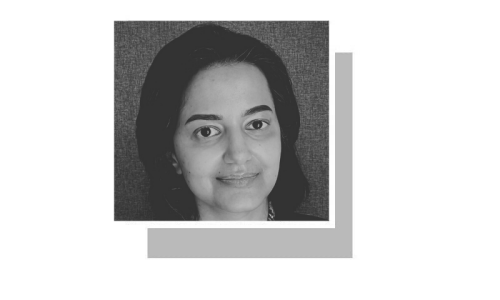PM Imran welcomes Sri Lankan govt's decision allowing Muslims to bury Covid-19 victims

Prime Minister Imran Khan on Friday welcomed the Sri Lankan government's decision to allow the burial of Covid-19 victims, days after the premier's visit to Colombo.
On February 10, Prime Minister Imran had lauded his Sri Lankan counterpart Mahinda Rajapaksa's announcement that burials would be allowed. A day later, however, Rajapaksa backtracked and said there would be no change in the cremation-only policy.
The ban had sparked protests by Muslims who bury their dead in accordance with Islamic customs. The Muslim community in Sri Lanka had held a protest prior to Prime Minister Imran's visit, where they carried a mock janazah or coffin.
“Respect Prime Minister's statement and allow burials,” one banner at the protest read.
On February 25, a day after Prime Minister Imran concluded his two-day official visit to Colombo, the Sri Lankan government issued a notification saying that the order has been amended to allow both burial and cremation of people who died due to Covid.
"I thank the Sri Lankan leadership & welcome the Sri Lankan govt's official notification allowing the burial option for those dying of Covid 19," PM Imran said in a tweet posted today.
Foreign Minister Shah Mahmood Qureshi too said that Pakistan was "grateful" to the leadership of Sri Lanka for allowing the burial of Covid-19 victims.
"Indeed it is these very principles of mutual understanding, respect and humanity that bring relationships to thrive and prosper," he tweeted.
Prime minister's aide Zulfi Bukhari shared pictures of a copy of the gazette notification issued by the Sri Lankan government and said: "Appreciate Sri Lankan govt’s official gazette notification allowing burial of #COVID19 deceased in #SriLanka within few hours of PM @ImranKhanPTI's visit. It is every Muslim’s final right to be buried as was requested by #PMIK."
Ban on burials
The Sri Lankan government had imposed a ban on burials in April amid concerns — which experts say are baseless — by influential Buddhist monks that burying bodies could contaminate groundwater and spread the virus.
The World Health Organisation has said there is no such risk, recommending both burial and cremation of virus victims.
Traditionally, Muslims bury their dead facing Makkah. Sri Lanka's majority Buddhists, who are strong backers of the current government, are typically cremated, as are Hindus.
In December, the Sri Lankan authorities ordered the forced cremation of at least 19 Muslim Covid-19 victims, including a baby, after their families refused to claim their bodies from a hospital morgue.
This stoked dismay and anger among the Muslim community, moderates and abroad, with the 57-member Organisation of Islamic Cooperation repeatedly expressing concern.















































